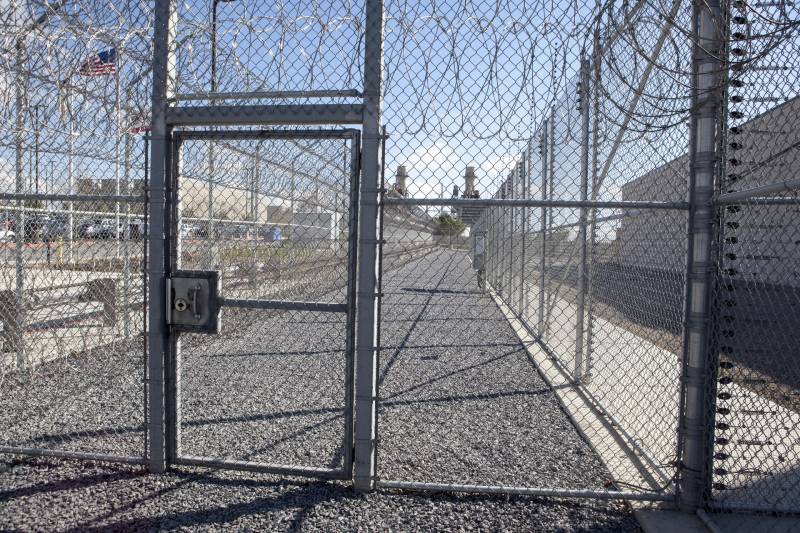Making ICE policies publicly available could also make it harder for private contractors to skirt responsibility. In California, GEO Group is contracted to run several ICE detention centers. Kumar said the lack of transparency around policies can lead to a lack of accountability.
“When GEO engages in misconduct — such as sexually abusive patdowns — the corporation claims that they are doing so pursuant to ICE policy and instructions,” Kumar wrote in an email. But without knowing these policies, it is hard to hold anyone accountable for the alleged mistreatment.
For example, when people try to raise grievances with ICE, “ICE often replies that they do not have control over GEO staff,” Kumar wrote.
GEO Group did not respond to a request for comment.
Shedding light on family separation
Among the 339 active ICE policies, advocates expect to see documentation governing ICE’s role in the widely condemned practice of separating migrant families at the border. On ICE’s FOIA “reading room,” the webpage where the agency is required to make many of its public records available, the only document related to the policy of family separation is a half-page memo from 2008 (PDF).
Family separations intensified under former President Donald Trump’s administration. Yet, details of the policies implemented under his administration are still largely unknown, according to Fels.
The November presidential election is one reason that the Oct. 31 deadline for ICE to make all the documents public is important, Fels said.
“Making sure that we know, before there are any radical shifts in policy, what the current policy actually is — that seems of paramount importance,” he said.
